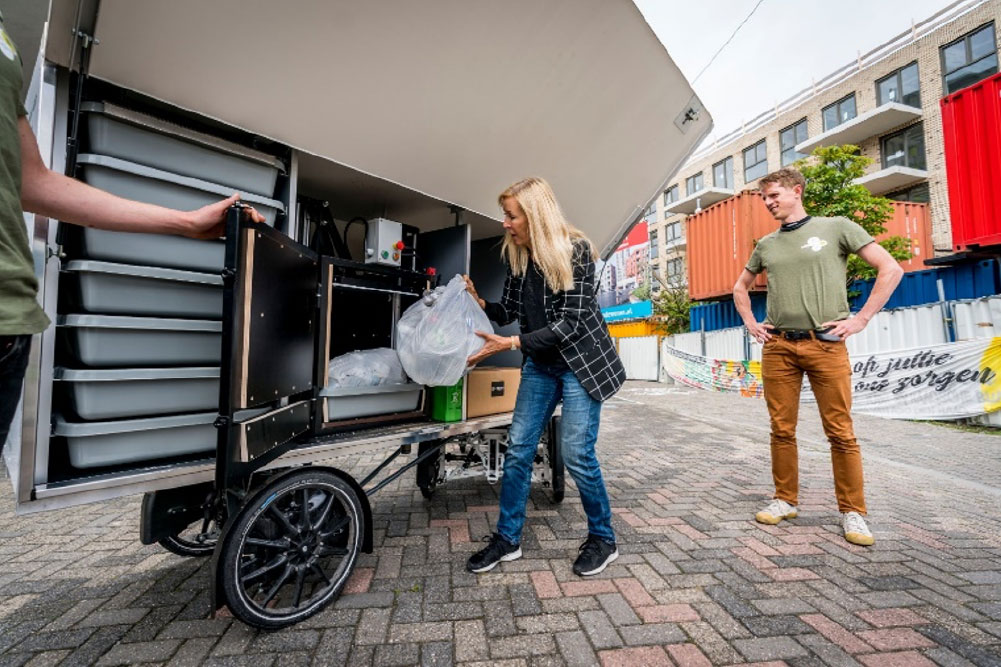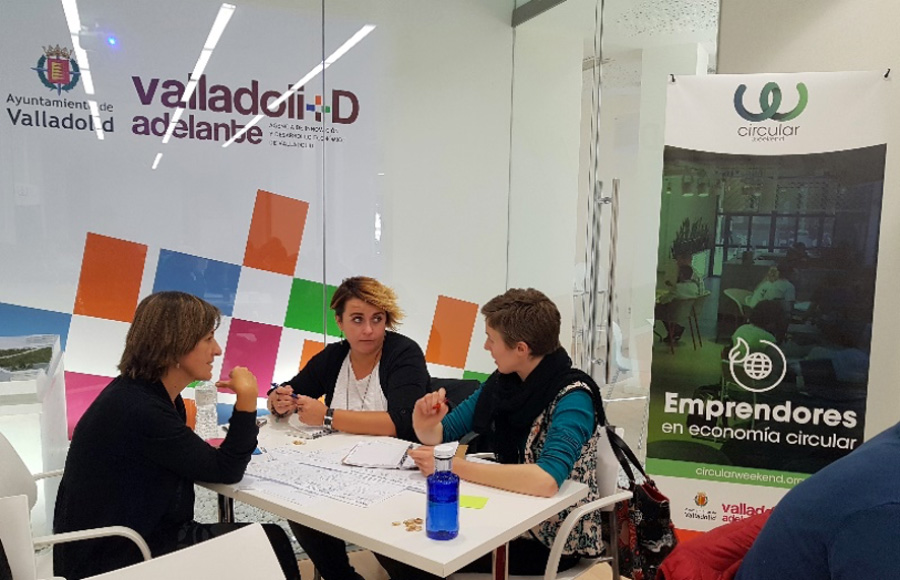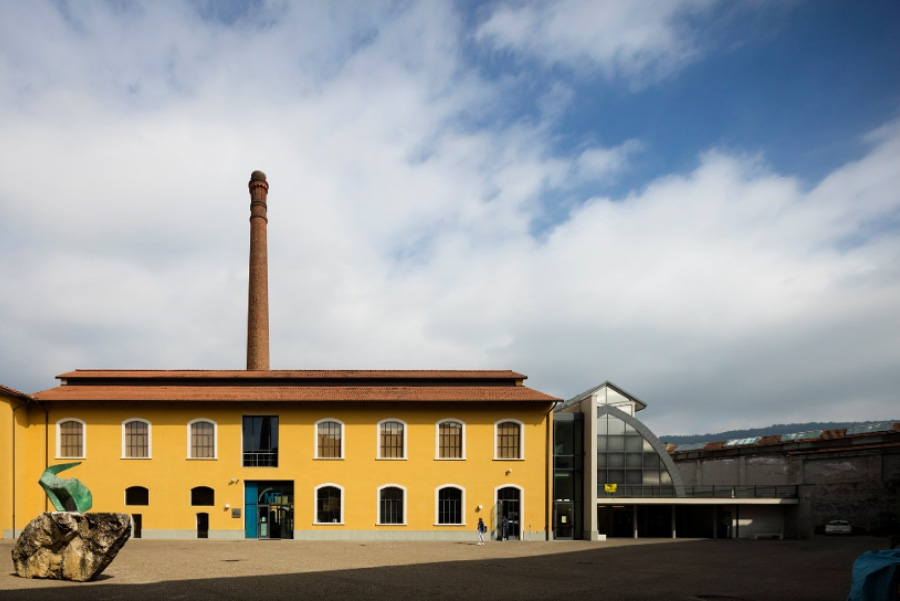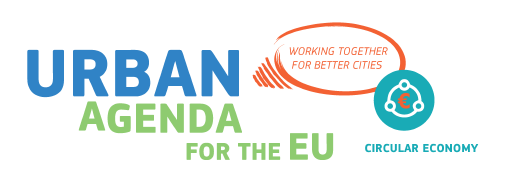Example of two-step programmes
Funding programmes are approached by promoters with projects at varying stages of development. Projects that still are in an early development stage may not qualify for financial support. However, the fact that these projects are not fully mature yet does not mean that they do not have potential. By integrating support in two steps, relating to two subsequent development stages, into a funding programme, it is possible to help these projects to grow towards maturity. This also allows programme owners to identify a pipeline of good projects for their funding programmes early on. Programme owners in cities like Brussels and Glasgow have applied the two-step approach and can serve as a source of inspiration.
Brussels: support tailored to different needs
The Brussels Capital Region is a pioneer when it comes to circular economy funding. The regional government believes that transformative change is not only achieved by supporting existing projects but also by sustaining up-and-coming circular ideas in their journey to becoming a viable business.
Support for early phase and mature projects is available through three programmes:
- Greenlab
 is an accelerator specifically designed to support innovative start-ups. Greenlab offers an intensive six-month programme with collective workshops, expert advice, personalised coaching, and support on circularity aspects. Through this programme, Greenlab aims to help transform innovative ideas into sustainable and thriving businesses.
is an accelerator specifically designed to support innovative start-ups. Greenlab offers an intensive six-month programme with collective workshops, expert advice, personalised coaching, and support on circularity aspects. Through this programme, Greenlab aims to help transform innovative ideas into sustainable and thriving businesses. - BruCircle
 is a financial instrument which provides support to both existing and early-stage businesses with circular plans. The programme has a capital of EUR 1.5 million and is administered by finance.brussels
is a financial instrument which provides support to both existing and early-stage businesses with circular plans. The programme has a capital of EUR 1.5 million and is administered by finance.brussels  in collaboration with circlemade.brussels
in collaboration with circlemade.brussels  . It is designed to offer equity and loans (EUR 50,000 – 200,000) to small enterprises and start-ups. Moreover, via Circlemade (greentech.brussels)
. It is designed to offer equity and loans (EUR 50,000 – 200,000) to small enterprises and start-ups. Moreover, via Circlemade (greentech.brussels)  , participating projects can get individual and collective guidance on business plans and follow-up funding from a network of local and international experts and funders. By combining funding and advisory support, BruCircle plays an intermediary role in the two-step programme.
, participating projects can get individual and collective guidance on business plans and follow-up funding from a network of local and international experts and funders. By combining funding and advisory support, BruCircle plays an intermediary role in the two-step programme. - Call for projects – Be Circular – enterprises
 is a funding instrument designed to help established entrepreneurs in the region to develop a circular core business. The funding programme has an annual budget of EUR 5 million. Additional business support services, such as business model support and access to a promotion network that assist in marketing, are provided by Circlemade (greentech.brussels)
is a funding instrument designed to help established entrepreneurs in the region to develop a circular core business. The funding programme has an annual budget of EUR 5 million. Additional business support services, such as business model support and access to a promotion network that assist in marketing, are provided by Circlemade (greentech.brussels)  . Supported pilot and demonstration projects target sustainable foods, 3R (reduce, repair and recycle), construction, and new sharing/leasing business models.
. Supported pilot and demonstration projects target sustainable foods, 3R (reduce, repair and recycle), construction, and new sharing/leasing business models.
The experience of the Brussels Capital Region is that projects that benefitted from support from early stage funding instruments (like Greenlab) have the potential to become mature and solid projects, which later can benefit from funding instruments that target larger and more mature projects.
Circular Glasgow: supporting the growth of promising circular initiatives
Circular Glasgow has set up a two-step funding programme to facilitate the circular transition. In a first step, Scottish entrepreneurs and businesses across all sectors and developmental stages can benefit from one-to-one advisory support provided by the Circular Economy Business Support Service ![]() . This service may comprise support in the development and implementation of business models, technologies, practices, products or services in which circular economy principles are embedded. Following this, funding is made available via:
. This service may comprise support in the development and implementation of business models, technologies, practices, products or services in which circular economy principles are embedded. Following this, funding is made available via:
- The Circular Economy Development Grant
 , a funding instrument aimed specifically at early phase businesses that require financial support to cover early stage development costs, e.g. prototyping, laboratory and/or field testing; and
, a funding instrument aimed specifically at early phase businesses that require financial support to cover early stage development costs, e.g. prototyping, laboratory and/or field testing; and - The Circular Economy Investment Fund
 , which is a follow-up funding scheme with a budget of GBP 18 million, administered by Zero Waste Scotland. This Fund offers investment support, ranging from GBP 50,000 to GBP 1 million, to local SMEs whose projects contribute to the circular transition. The projects are typically more mature and closer to commercialisation.
, which is a follow-up funding scheme with a budget of GBP 18 million, administered by Zero Waste Scotland. This Fund offers investment support, ranging from GBP 50,000 to GBP 1 million, to local SMEs whose projects contribute to the circular transition. The projects are typically more mature and closer to commercialisation.






